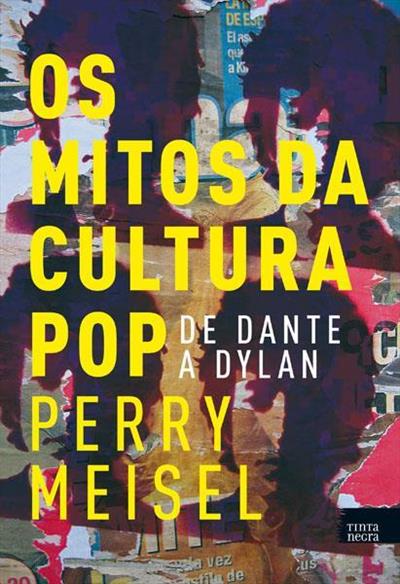by Perry Meisel
Black Sun: Depression and Melancholia. By Julia Kristeva. Translated by Leon S. Roudiez. 288 pp. New York: Columbia University Press. $29.
The pioneering French feminist and semiotician Julia Kristeva, a professor of linguistics at the University of Paris, is also a practicing psychoanalyst; she is also the author, most recently, of a series of psychoanalytic studies that supplement her ground-breaking work on language, literature and gender over the past two decades.
The third in the series, Black Sun (the title comes from a poem by Nerval), is an absorbing meditation on depression and melancholia, moving from essays in psychoanalytic theory based upon the ''symptomatology'' of Ms. Kristeva's patients to rather more formal studies of depression in Holbein the Younger, Nerval, Dostoyevsky and Marguerite Duras. Leon S. Roudiez's translation is, as usual, sturdy (he has translated most of her work into English), and nearly as transparent as Ms. Kristeva's French allows.
While Ms. Kristeva's lyricism and rigor can give way to unintentional melodrama and imperfect convolution, within this miasma of style (she herself jokes about its mirroring of the mood swings in her patients) is a persuasive theory of depression that is both moving and provocative.
Though relying on the orthodox psychoanalytic tradition that begins with Freud's "Mourning and Melancholia," Ms. Kristeva makes extensive use (sometimes explicit, sometimes not) of Melanie Klein and Jacques Lacan and finds depression and melancholia the same in practice if not necessarily in principle. ''While acknowledging the difference between melancholia and depression,'' the author writes, ''Freudian theory detects everywhere the same impossible mourning for the maternal object.''
Ms. Kristeva is feminist in her emphasis on ''the maternal object.'' The status of the father as both a category and an image is diminished in her scheme, and the stress shifted onto the mother and the pre-Oedipal stage, before weaning and the onset of the law of fathers and symbols. In Black Sun, depression is characterized by a denial of this normal childhood prehistory, or by what Ms. Kristeva calls ''the denial of negation.'' ''Negation'' - the usual infantile acceptance of the loss of oneness with the mother - is unconsciously refused by the depressive, who clings to a fantasy of union with the mother instead.
The maternal object, however, turns out to be no object at all, but a ''lost Thing,'' as Ms. Kristeva calls it after Lacan, never to be recovered. The ''lost Thing'' is a ''preobject,'' an archaic memory of identity with the mother before the inevitable emotional separation from her. The depression that Dostoyevsky or Marguerite Duras shares with Ms. Kristeva's patients is a ''mourning'' for ''the elusive preobject'' before separation, whose capture is impossible to achieve.
The normal child ''leaves the crib to meet the mother in the realm of representations'' - that is, a world of language and symbols. ''If I did not agree to lose mother,'' says Ms. Kristeva of successful separation and the acquisition of language that compensates for the mother's loss, ''I could neither imagine nor name her.'' The depressive, however, gets it backward: ''In order to protect mother I kill myself.'' This leads Ms. Kristeva to a paradoxical idea: ''My depression,'' she writes, ''points to my not knowing how to lose.''
Julia Kristeva has always been remarkably idiosyncratic despite her intellectual allegiances. She is now iconoclastic as well as ecumenical, endeavoring to harmonize semiotics, psychoanalysis and feminism with Christian belief, psychopharmacology and even the family. That urge to a synthesis leads her to some strained conclusions. One might object, for example, to her desire in ''Black Sun'' to equate psychoanalytic cure and Christian faith - based upon an assumption of similarity between Christ's forsakenness in his dark hour upon the Cross (particularly acute in Ms. Kristeva's reading of Holbein's ''Dead Christ'') and the depressive's emotional world. Ms. Kristeva is also original but highly unorthodox in her analysis of Christianity's avoidance of ''the desire to put the father to death,'' and the role of such repression in the genesis of melancholia.
To offer such reservations, however, without noting Ms. Kristeva's own ironic acknowledgment of the limits of her ideas would likely be to underestimate her.
Originally published in The New York Times Book Review, February 25, 1990



